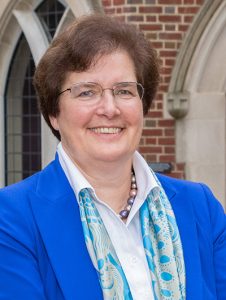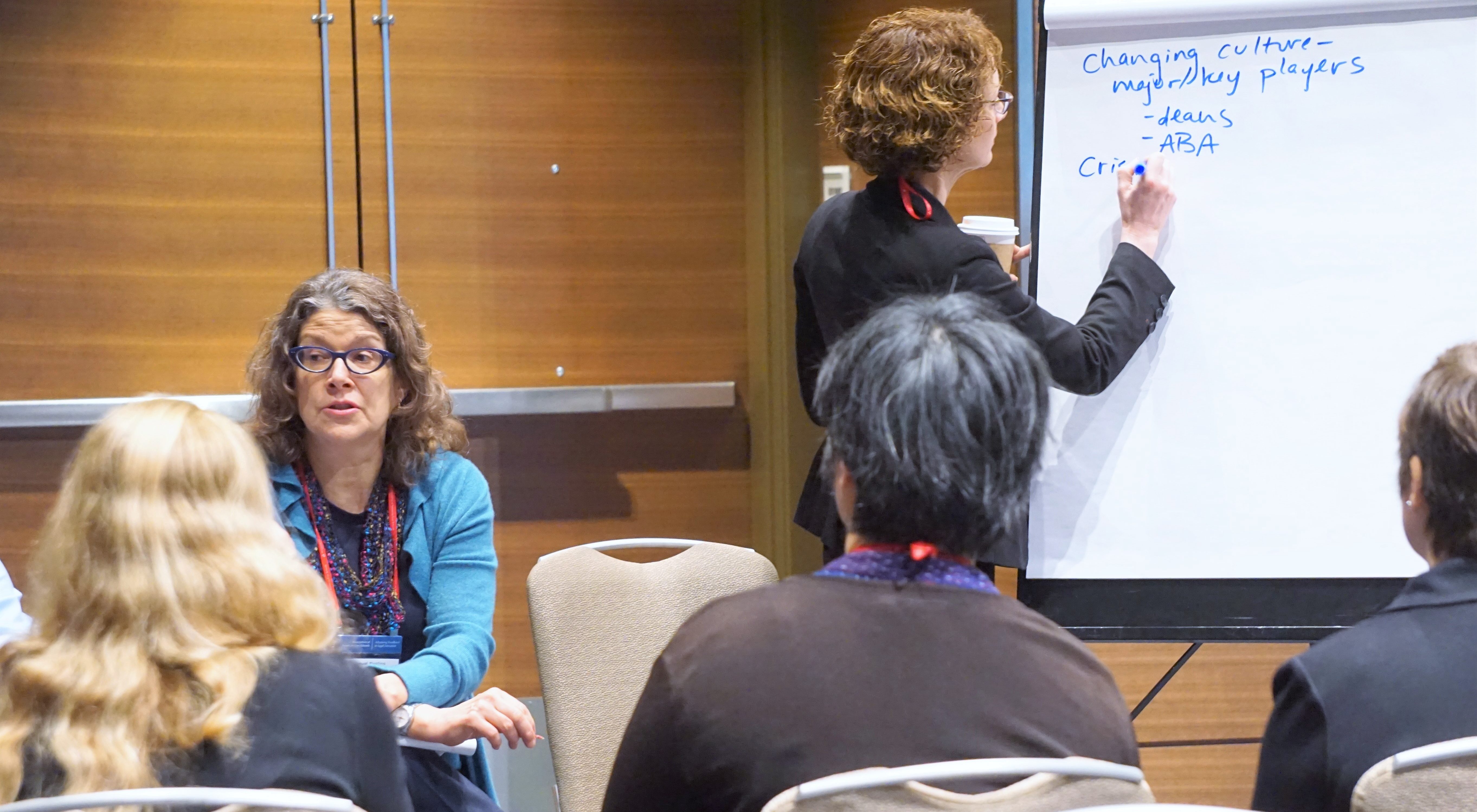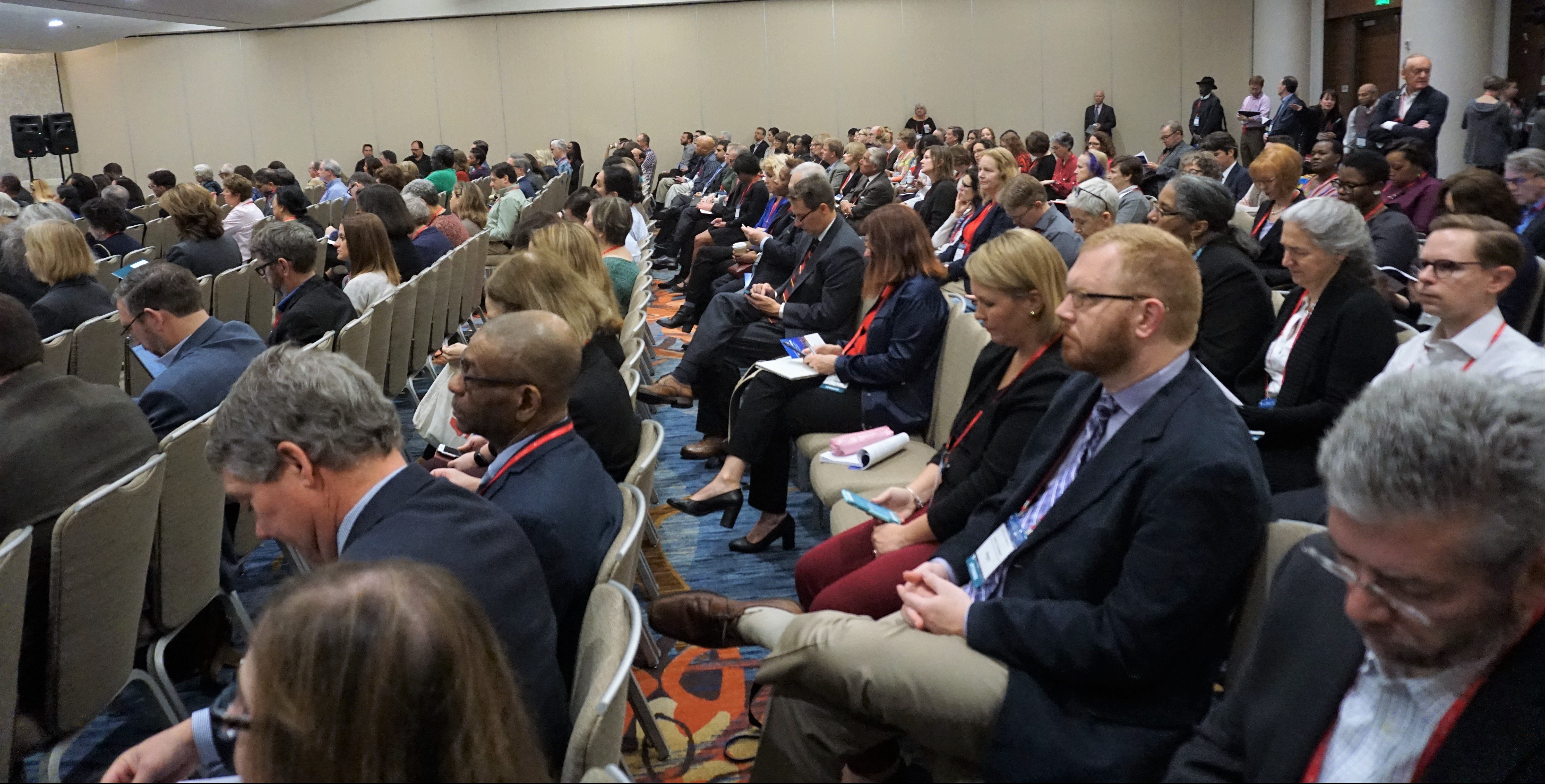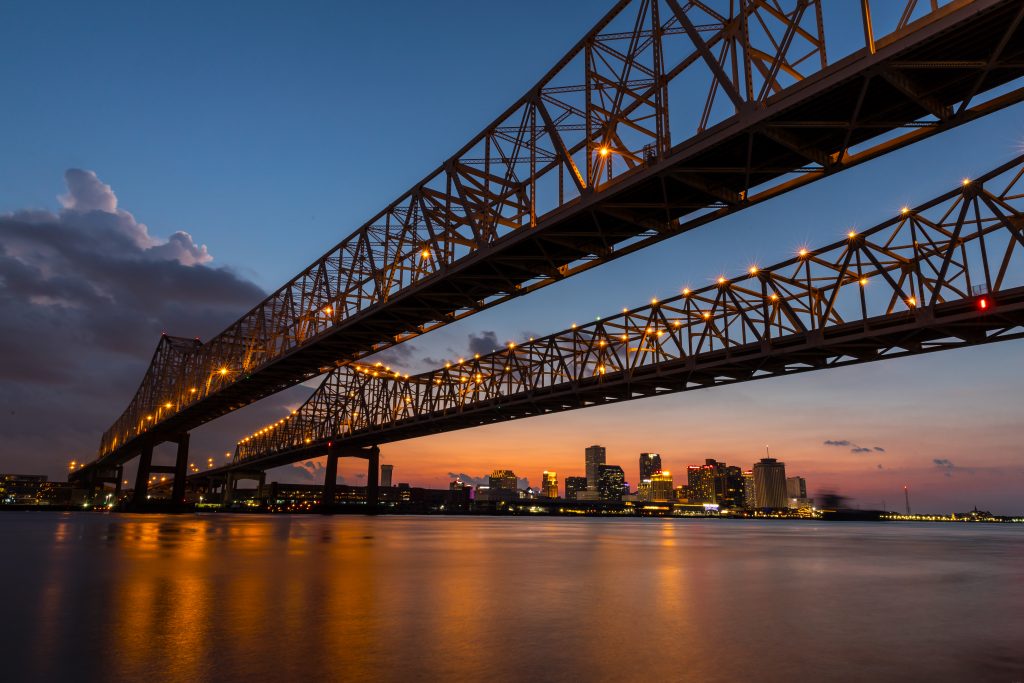One of the most vexing problems facing our nation today is the deep political polarization that has infected civic life. It is not just that people strongly disagree about important social and policy issues—that has always been true. But finding common ground has become harder because there are simply fewer political moderates— people whose views cross party lines on at least some issues—and because our political discourse has become increasingly disparaging and personal.
As our society struggles with this problem of deep polarization, lawyers and law schools have an important role to play. Lawyers are, after all, in the dispute resolution business. Resolving conflict is central to what we do. Today, perhaps more than ever before, the skills that we as lawyers have, and we as law professors teach, are of critical importance.
Lawyers understand how to structure decision-making and dispute resolution processes. We understand the importance of the opportunity to be heard and other aspects of fundamental fairness. We understand the importance of considering both sides and crediting the merits of opposing views. We understand the importance of facts—the ones we can prove, not merely the ones we wish to be true. And we understand the importance of inviting people with opposing views to the table to get them talking to each other in the first place.
Lawyers are not only comfortable navigating a world of conflict and disagreement, but they also approach disagreements with a methodology that is built on recognizing the strength of the opposing views. Legal pedagogy, like good lawyering, emphasizes the importance of developing a deep, even empathetic understanding of the arguments on the other side. Our case books include dissents which force students to confront opposing arguments. We constantly push our students away from the psychological comfort of certainty to that uneasy place where opposing views loom large.
The point is not that arguments should be drained of emotion. Where the stakes are high, emotions will run high. But lawyers understand that disputes, even on matters upon which convictions are deeply held, need not be personal, and that it is possible to separate the substance of an argument from the person making that argument. Lawyers likewise understand that it is possible to disagree without being disagreeable—indeed, we are admonished to do just that in our principles of professionalism.
Lawyers are not social workers, but they are, as Lon Fuller put it, architects of social structure. And in that role as architects, they can be—we can be—enormously helpful in reconnecting a fractured world. That is to say, in building bridges.
So that is my theme for the year: building bridges. I hope that we can put on display our traditions of professionalism, civility, and reasoned disagreement, and inspire the next generation to “think like a lawyer” about society’s problems: to listen, consider, reason, collaborate, resolve, and even heal.

Wendy Collins Perdue
AALS President and Dean, University of Richmond School of Law
Much of the programming at the Annual Meeting is organized by the 103 AALS Sections, with the rest organized by the Program Committee and AALS President. See the live program at https://am.aals.org for schedule details; we’re sure you’ll find many sessions of interest.
Here are a few highlights of the program:
Thursday
Friday
Throughout


Any full-time faculty member or administrator at an AALS member or fee-paid school can organize a program for the Annual Meeting without being affiliated with any particular AALS Section via Open Submission programs. Proposals for these program categories are solicited each year by the Program Committee.
AALS currently seeks proposals and papers Hot Topic sessions, which focus on topics that emerged too late to be included in other types of programs. Proposals are due October 19 for Hot Topic sessions—we encourage submissions to consider the meeting’s theme of “Building Bridges” in framing your proposal.
Program organizers should allow time for audience participation in the proposals. The selection committee also welcomes proposals for programs that depart from the typical format of having participants present 10-20 minute talks. Organizers could, for example, submit a proposal for a roundtable style program in which participants answer a series of questions posed by the moderator and the audience. Hot Topic programs that are selected by the committee will be scheduled by the AALS staff for 1¾ hour sessions.
For more information and to submit a proposal, visit https://am.aals.org/hot-topic-proposals.
Many AALS Sections are also accepting proposals for their programs at the Annual Meeting. Topics and deadlines vary.
To see all calls for papers that are still accepting proposals, visit https://am.aals.org/section-cfp/.
Attending the Annual Meeting is as much about making connections with peers, mentors, and guests as it is about scholarship. You’ll have plenty of time to do both. A brief selection of events, both formal and informal, includes:
Wednesday
Thursday
Saturday
Sunday
Throughout
